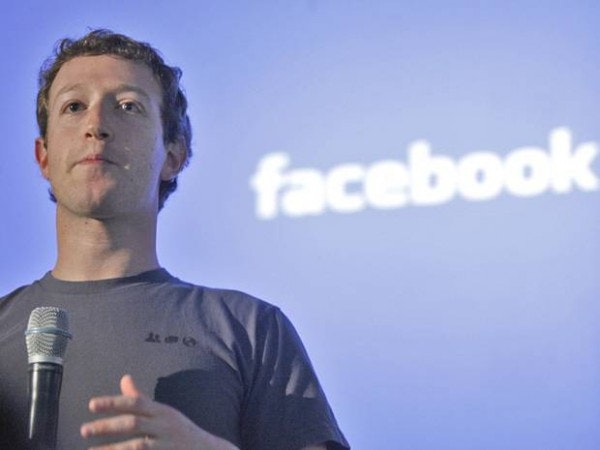It’s not breaking news that Apple Inc. (NASDAQ:AAPL) has struggled recently, but Mark Zuckerberg beat out Tim Cook and Larry Page the title as the best CEO of 2013? Really? In 2012, Businessweek had Zuckerberg in a list composed of the worst CEOs of the year. What a difference one year can make.

Facebook’s and Apple’s stocks have fallen YTD, but Apple Inc. (NASDAQ:AAPL) has fallen nearly 15% more than Facebook’s approximate 4.4% decrease. In the past year, Apple has actually out performed Facebook Inc (NASDAQ:FB) by nearly 6% due to over a 30% decrease from its stock. Apple has seen annual increases for over a decade in revenues, earnings per share (EPS), free cash flow (FCF), operating margins, net margins, return on equity (ROE), and return on invested capital (ROIC) – yet its stock falls. Facebook Inc (NASDAQ:FB) has increased revenues by approximately 258% since 2010. FCF, EPS, ROE, ROIC, etc… are all down, but they are also skewed because of its recent IPO. Its FCF yield is 0.5% while Apple Inc. (NASDAQ:AAPL)’s is 11.1%.
Google Inc (NASDAQ:GOOG) is universally recognized as a great company with a great CEO. In fact, Glassdoor listed it 6th in its “50 Best Places to Work” list of 2013, while Fortune listed it first overall. 90% of Google’s employees would recommend a job opening to a friend, and 94% of its employees approve of Larry Page as CEO. This 94% approval rating lands him as the 11th best CEO of 2013. Unlike Apple Inc. (NASDAQ:AAPL) and Facebook Inc (NASDAQ:FB), Google Inc (NASDAQ:GOOG)’s stock has increased over 31% in the past year and approximately 13% YTD.
After its founding days in September of 1998, Google’s market cap is now slightly under $270 billion. Despite a high P/E of 25.4 and a fairly low FCF yield of only 4.9%, I wouldn’t bet against Google Inc (NASDAQ:GOOG) as it has nearly doubled the performance of the S&P 500 in the past five years. The company is stronger today than five years ago, and even its stock is performing far better. In the past three years, one year, and three months its total return has beaten the S&P 500 by 13.17%, 14.69%, and 11.2%. Although the percentage is lower in the past three months, it is up 17.03% compared to the S&P’s 5.83%. With Google Inc (NASDAQ:GOOG)’s new releases (and upcoming products), there is no reason why the company shouldn’t become more profitable and perform better.
Below is a chart showing how these stocks have compared to the S&P 500 in the past year.
The Foolish Conclusion…
Virtually every metric is giving investors more of a reason to buy Google, and I wouldn’t suggest any different. As for Facebook and Apple, there is far more uncertainty. Apple Inc. (NASDAQ:AAPL) shows great metrics but its stock has performed poorly over the past few months. Facebook Inc (NASDAQ:FB) appears to be turning around as it has increased approximately 24% in the past six months. It might be worth looking into as a potential buy as well.
Although I still have doubts about Mark Zuckerberg running such a large company, I do agree the company is turning around. For me, some uncertainty still revolves around Tim Cook, but both he and Larry Page are some of the best CEO’s a company could ask for.
The article Mark Zuckerberg Better Than Tim Cook and Larry Page? originally appeared on Fool.com and is written by Tyler Wofford.
Copyright © 1995 – 2013 The Motley Fool, LLC. All rights reserved. The Motley Fool has a disclosure policy.


